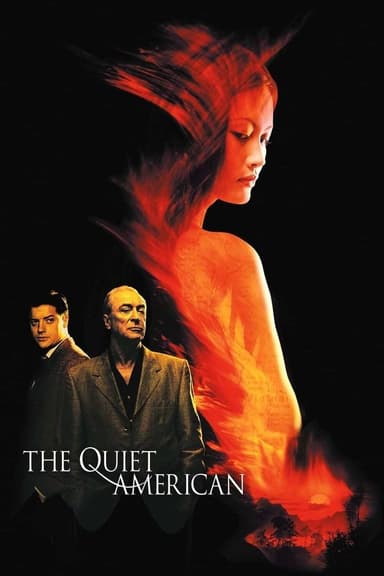
King's Game
2004 • Drama, Thriller
Starting a new job as a political journalist at a leading newspaper, Ulrik Torp witnesses a brutal struggle for power in the Midparty's ranks -- a struggle that coincides with the charismatic party leader's involvement in a near fatal car accident. A flurry of lies and media speculation surrounds the incident. Gradually, Ulrik unearths a ruthless conspiracy involving the incumbent prime minister.
Runtime: 1h 47m
Why you should read the novel
Before you press play, open Niels Krause-Kjær’s King’s Game (Kongekabale) and experience the political thriller in its richest form. The novel offers layered access to Denmark’s corridors of power, exposing spin, leaks, and backroom deals with the credibility of a veteran journalist who knows how newsrooms truly operate.
On the page, characters breathe deeper. Reporters, editors, spin doctors, and party strategists reveal motives, doubts, and ethical compromises through nuanced interiors that no camera can fully capture. The result is an immersive blend of investigative procedure and moral complexity—ideal for readers who crave both pace and substance.
Reading the book lets you savor subplots, historical context, and policy stakes that add resonance to every twist. If you enjoy political intrigue, media ethics, and realistic newsroom drama, King’s Game is the definitive way to grasp the full scope of the story beyond the film adaptation.
Adaptation differences
Book vs. movie differences start with scope. The film streamlines the timeline and narrows its focus to the lead investigation, while the novel widens the lens to include party factions, parliamentary maneuvering, and the machinery of coalition politics. This broader canvas in the book builds a slower, more intricate pressure cooker.
Characterization diverges as well. On screen, the narrative largely tracks the protagonist and a small circle of allies and antagonists. In the novel, perspectives expand to editors, spin doctors, and power brokers, revealing internal calculations and competing agendas the film can only hint at. That shift turns a tight thriller into a fuller institutional portrait on the page.
Method and theme also differ. The novel lingers on journalistic process—source verification, legal risk, editorial debates, and the grind of building a story—whereas the film externalizes conflict through confrontations and plot turns. Several nuanced subplots (newsroom politics, personal pressures, and regional constituency angles) are condensed or omitted to maintain cinematic momentum.
Finally, the endings feel distinct in emphasis. The movie favors a cleaner resolution built around the scandal’s reveal and immediate personal stakes. The book carries the aftermath further, tracing consequences for careers, institutions, and public trust over a longer horizon—making the fallout feel more systemic and unsettling.
King's Game inspired from
King's Game (Kongekabale)
by Niels Krause-Kjær










